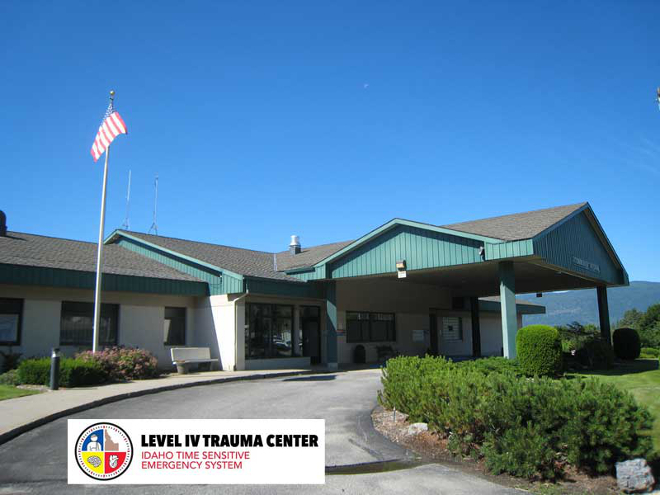|
BCH certified as level IV trauma center |
|
February 17, 2017 |
 |
Boundary Community Hospital has recently been designated
as a Level IV Trauma Center by the State of
Idaho. The designation for the hospital is part
of the Idaho Time Sensitive Emergency System
(TSE) and is reserved for hospitals that meet
the stringent criteria established by the state
as part of the statewide TSE system of care that
includes three of the top five causes of death
in Idaho: trauma, stroke and heart attack.
Emergency Department Director Dr. Stu Willis
with Gina Gallette, RN, have been spearheading
the effort at Boundary Community Hospital.
“As a rural community, we have an obligation to
provide services that improve survivability,"
Willis said. "It is important for our emergency
department staff to work together with local EMS
at Boundary Ambulance and Life Flight Network in
an organized process to be sure patients are
treated or when required, transported to another
hospital for the appropriate level of care. In
addition, prevention education is a key
component of this, especially in regards to
injuries and major trauma.”
As the first Pacific Northwest hospital to be
awarded the Critical Access Hospital designation
by the federal government, Boundary Community
Hospital has always had an essential role in
meeting the healthcare needs of Bonners Ferry
and the surrounding county.
In 2012, 49.1% of preventable deaths in Idahoans
under age 75 were the result of trauma, stroke
or heart attack.
The TSE initiative is putting processes in place
so the right patient gets the right care at the
right time, helping to ensure an optimal
outcome, especially when time is critical.
The hospital is investing in the community
through the fully-staffed emergency department
with physicians and nurses experienced in
emergency medicine, and certified in advanced
trauma, cardiac and pediatric care. The clinical
medical laboratory and diagnostic imaging
technologists are also available 24/7 so that
tests can be performed when time is critical for
patient treatment in a time sensitive emergency. |
|
Questions or comments about this
article?
Click here to e-mail! |
|
|
|
|

